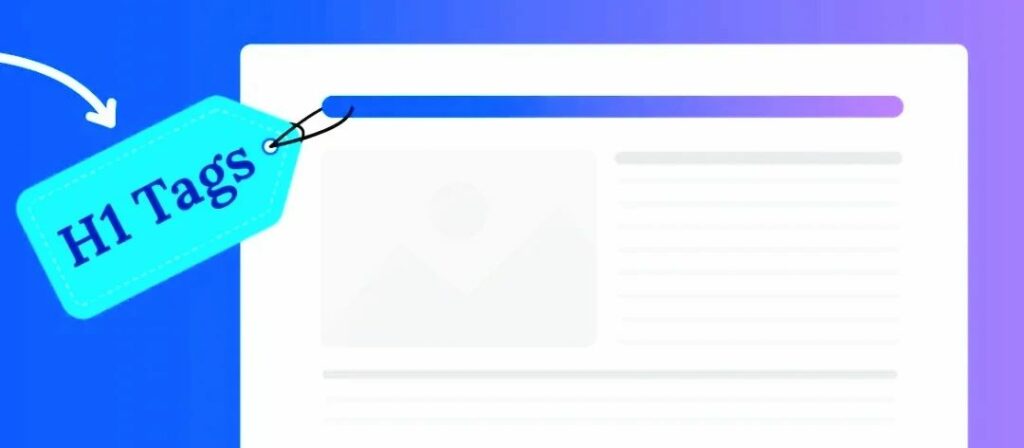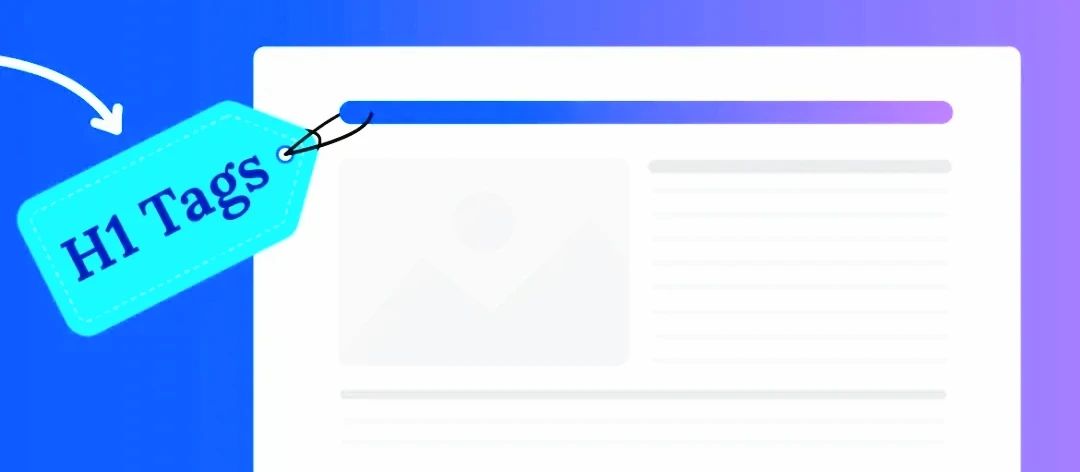When it comes to optimizing a website for search engines, header tags play a crucial role in improving SEO performance. But Why are Header Tags Important in SEO? In this article, we will delve into the significance of header tags and how they can impact your website’s search engine rankings.
Why are Header Tags Important in SEO?

What are Header Tags?
Header tags, also known as H1, H2, H3, etc., are HTML elements used to structure the content on a webpage. These tags not only make the content more readable for human visitors but also help search engines understand the hierarchy and relevance of the information on the page.
Importance of Header Tags in SEO
1. H1 Tag: The SEO Powerhouse
The H1 tag is the most important header tag on a webpage. It serves as the main heading of the page and provides a concise summary of the content. Search engines give more weight to the text contained within the H1 tag, making it a crucial element for SEO optimization.
2. H2-H6 Tags: Organizing Content
Subsequent header tags (H2-H6) help in structuring the content on a page and breaking it down into sections. This not only improves the readability of the content but also helps search engines understand the context and relevance of each section.
3. Keyword Optimization
By including relevant keywords in header tags, you can signal to search engines what the main topics of your content are. This can help improve the visibility of your website for those specific keywords and drive organic traffic to your site.
4. User Experience
Header tags not only play a crucial role in SEO but also enhance the overall user experience. By organizing content into easily digestible sections, users can quickly scan through the page and find the information they are looking for. This can lead to higher engagement and lower bounce rates.
5. Rich Snippets
Properly structured header tags can also increase the chances of your content being featured in rich snippets on search engine results pages. Rich snippets provide users with a preview of the content, including headings and subheadings, making it more enticing for them to click through to your website.
How to Optimize Header Tags for SEO
- Use Relevant Keywords: Incorporate targeted keywords in your header tags to improve search engine visibility.
- Maintain Hierarchy: Follow a logical hierarchy with your header tags (H1-H6) to organize content effectively.
- Be Concise and Descriptive: Keep your header tags concise yet descriptive to accurately reflect the content on the page.
- Avoid Keyword Stuffing: While it’s important to include keywords, avoid overloading your header tags with excessive keywords.
- Test and Monitor: Regularly monitor the performance of your header tags in search results and make adjustments as needed.
In conclusion, header tags are a fundamental aspect of SEO that should not be overlooked. By optimizing your header tags with relevant keywords and maintaining a clear hierarchy, you can improve your website’s visibility in search engine results pages and enhance the overall user experience. So, make sure to pay attention to your header tags and leverage their SEO potential to drive organic traffic to your site.
Now that you know why header tags are important in SEO, are you ready to elevate your website’s search engine optimization strategy?


